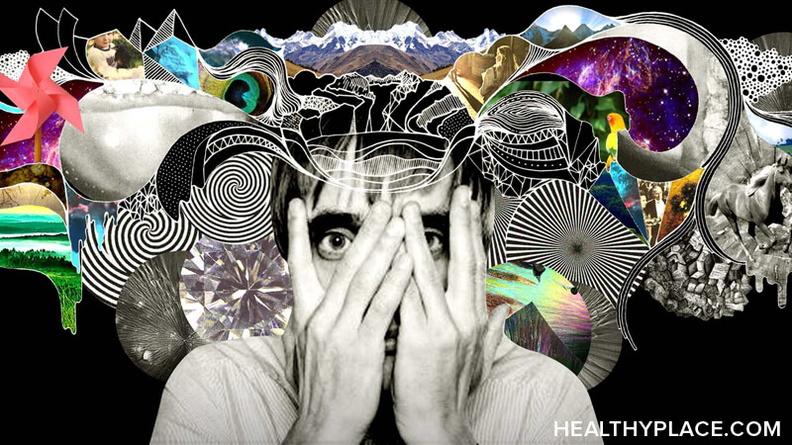Mania is a condition in which you have a period of abnormally elevated, extreme changes in your mood or emotions, energy level or activity level. This highly energized level of physical and mental activity and behavior must be a change from your usual self and be noticeable by others. Mania behavior could reflect an extreme level of happiness or irritation. if you have a manic episode, you have a mental health condition.
Manic episode triggers are unique to each person. Knowing your triggers can help you prepare for an episode, lessen the effect of an episode or prevent it from happening at all.
Common triggers to be aware of include: 
- A highly stimulating situation or environment (for example, lots of noise, bright lights or large crowds).
- A major life change (such as divorce, marriage or job loss).
- Lack of sleep.
- Substance use, such as recreational drugs or alcohol.
Symptoms of a manic episode:
- having lots of energy
- feeling extremely happy or excited
- feeling unstoppable or invincible
- mind racing
- being more talkative than usual. Talking so much and so fast that others can’t interrupt.
- strange or unusual behavior
- easily distracted or annoyed
- not sleeping or only getting a few hours of sleep but still feeling rested
- impulsive behavior, that lead to poor choices, i.e. buying sprees, reckless sex or foolish business investments.
- intense anxiety
- feeling detached from reality (psychosis)
- being obsessed with and completely absorbed in an activity.
Mania can also include psychotic symptoms. Someone experiencing psychosis might:
- see or hear things that other people can’t (hallucinations)
- speak or in a way that seems disorganized or bizarre to others
- be fearful or suspicious of friends or family members, strangers, or organizations (paranoia)
- feel like they’re being watched
Get started with therapy at People to People today.
